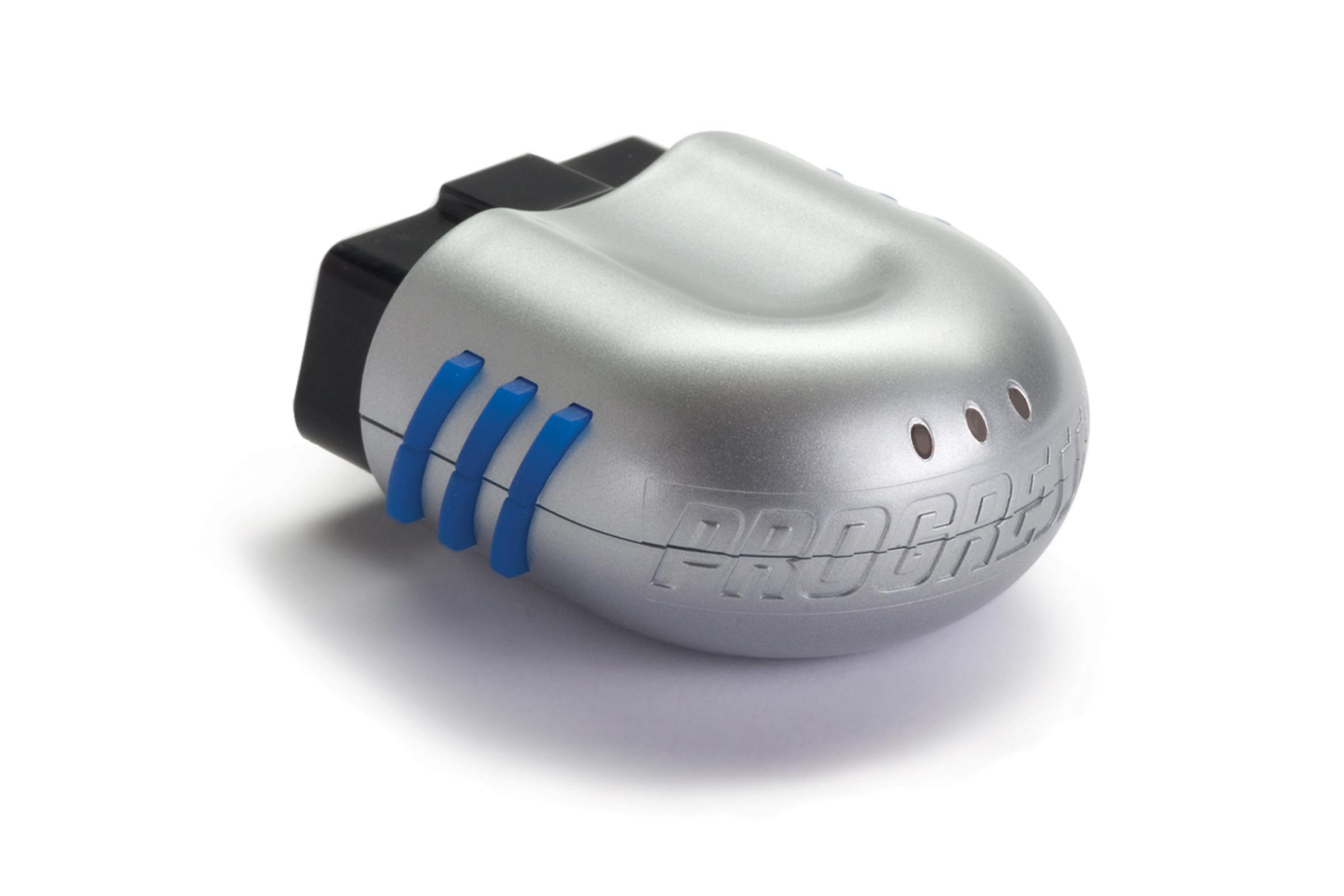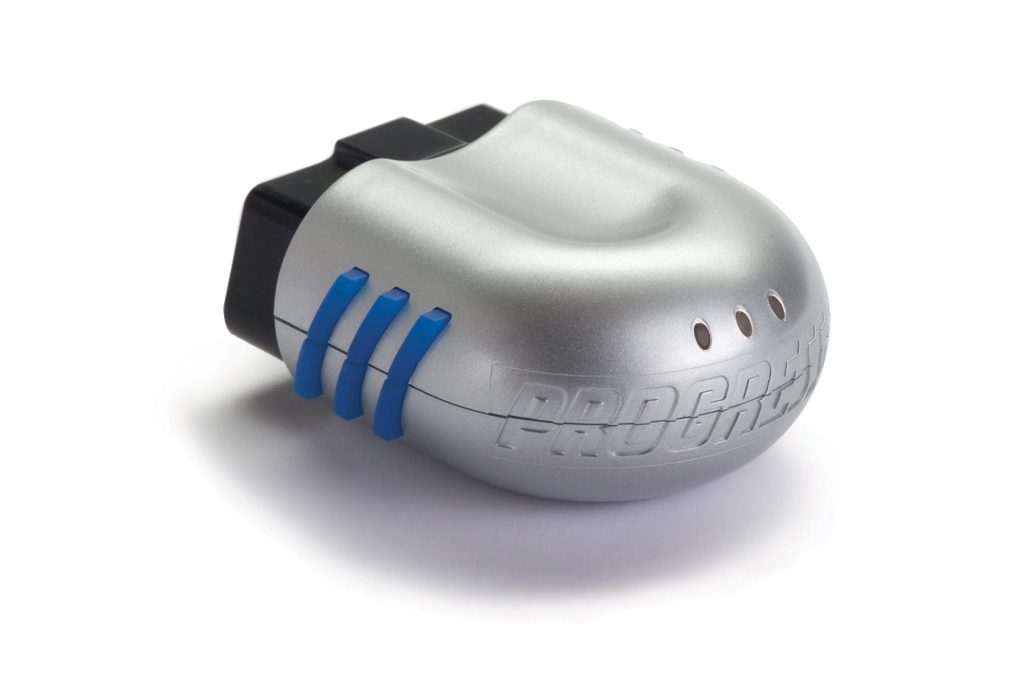How you drive is something your insurance company would like to know about, and some motorists willingly reveal that information hoping to get lower rates. But even without your consent your driving habits are being revealed – by your smartphone, according to a new report, and not always with your consent.
Earlier this year, General Motors came under fire when it was revealed the automaker had been collecting data on the driving behavior of millions of motorists driving its vehicles to insurance companies. They, in turn, used the information to set rates. In most instances, it turned out, drivers had no idea they were being tracked.
After the story was revealed, GM announced it would stop spying on its owners. But that doesn’t mean your driving behavior isn’t being tracked and sold to insurance companies, likely without your knowledge. In this case, it turns out, the spy is your smartphone.
The spy you carry in your pocket

An increasing number of smartphone apps can track your driving history and share data to your insurance company
In a new report, the New York Times says, “The insurance industry, hungry for insights into how people drive, has turned to automakers and smartphone apps like Life360” to track your driving behavior. The information they gather can include things like whether you speed, if you have a tendency to slam on the brakes, even whether you have a tendency to check your phone while driving.
A number of smartphone apps now can track that data and pass it on to insurance companies. Life360, for example, is a social media app that uses tracking functions built into a smartphone to share the locations of families and friends.
A variety of other apps can track your behavior, some that might take you by surprise, such as GasBuddy. That service is designed to help motorists find the best places to fill up by showing fuel prices at nearby service stations. But it offers several other features, including the ability to rate your fuel efficiency. That uses driving behavior to determine if you’re getting the best mileage possible.
Tracking you without your permission
As was the case with General Motors and several other car companies, some apps are tracking your behavior behind the wheel and then selling it to data aggregators. One of these is Arity, owned by one of the country’s largest insurance companies, Allstate. This information readily can be used to calculate how you drive and then create a score that helps determine your insurance premiums.
While companies like Allstate told the Times motorists have the ability to opt out on the data collection process, it isn’t always the case. And, even if they ostensibly have the ability to refuse, motorists may not know they’re being tracked, nor have any idea how to stop that process.
One example is with GasBuddy’s fuel efficiency tracker. It does note that the function is “powered by Arity,” but details are placed in a small gray font under a large red button motorists click to “Join Drives.” There is nothing that actually reveals what you are agreeing to.
Opting out of the tracking function on GasBuddy and other smartphone apps can be difficult, according to the report. In some cases, users may have a hard time simply finding out where to turn it off.
More Consumer Motorist News
- Consumers Changing Preferences Impacting Auto Industry in 2024
- Eight Automakers Caught Misusing Consumer Data
- Consumer Satisfaction with Dealer Service Departments Improve Despite Rising Wait Times
Cheaper Insurance – Maybe

A selling point of these apps is that they can help reduce accidents due to changing the behavior of a driver
There are plenty of motorists who are ready and willing to give away their driving. Several companies, such as GEICO and Progressive openly pitch programs that let you sign up for a usage-based insurance policy. One major ad campaign shows how a safe motorist won’t be penalized for the erratic driving of others.
Such policies typically require a motorist to install a tracking device in a vehicle’s OBD II port. That plug is normally used by mechanics to diagnose problems, such as a faulty engine controller. But it also provides ongoing data on how the vehicle is being driven. Smartphones, however, can track additional information, such as whether it is being used while the vehicle is in motion – a sign of potential distracted driving.
Programs like Progressive’s Snapshot can lead to lower rates for some motorists, prior studies have questioned whether the savings are as significant as insurance companies make them out.
Allstate is preparing to offer a similar program, based on Arity data, consumers can opt into.
Tracking the trackers
Several companies, including GEICO and USAA told the Times they are not purchasing or using third-party data to determine rates. They claim to only apply tracking-based data when they specifically opt in using company-provided tracking devices or smartphone apps.
Under the federal Fair Credit Reporting Act motorists can request any consumer reports created by companies who track them.
In the case of Arity, the company told the Times it only will provide a report to a motorist if their data has been used by an insurance company to provide a rate quote.










0 Comments